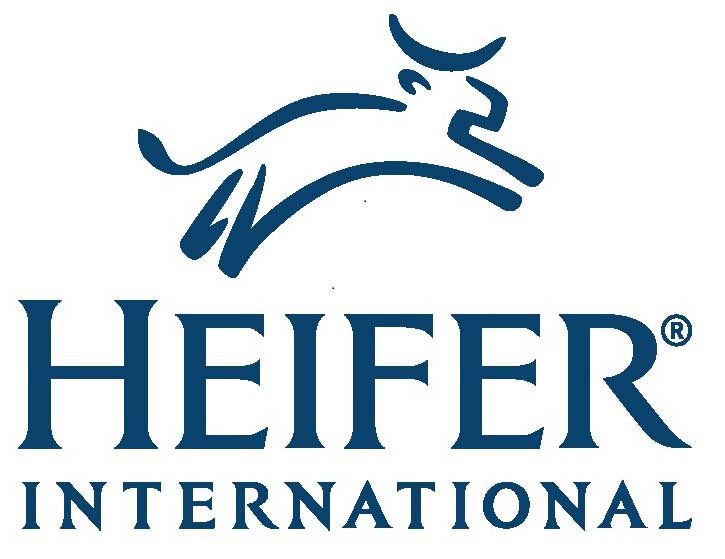The job listing no longer exists.
Fulfilling our mission takes the hard work of dedicated, talented people who are diligently focused on finding sustainable solutions. We are always open to engaging with people who share our values and are ready to get to work!
Search the job list below to find opportunities for you to use your skills for the greater good.
Featured Jobs
Open Positions
Open Positions
Accounting and Finance
| Job Title | Position Open Date | Location |
|---|---|---|
| Asistente Administrativo de Proyectos | January 06, 2026 | San Benito, Guatemala |
Business Development / Fundraising
| Job Title | Position Open Date | Location |
|---|---|---|
| Associate Director-Business Development and Access to Finance | January 12, 2026 | Dhaka, Bangladesh |
| Consultant - Business Development | September 24, 2025 | India |
Human Resources
| Job Title | Position Open Date | Location |
|---|---|---|
| Country People Manager | November 15, 2025 | Dhaka, Bangladesh |
Monitoring and Evaluation
| Job Title | Position Open Date | Location |
|---|---|---|
| Especialista en Seguimiento y evaluación (Posición sujeta a adjudicación – Proyecto de Agricultura de Subsistencia y Servicios Agro-Logísticos) | January 30, 2026 | Honduras |
| Gerente de Monitoreo, Evaluación y Aprendizaje (MEL) | February 18, 2026 | |
| Program Officer - Monitoring, Evaluation, Learning & Systems (MELS) | November 20, 2025 | Dhaka, Bangladesh |
| Técnico en Monitoreo, Evaluación y Aprendizaje | January 16, 2026 | Polochic, Alta Verapaz |
Program / Project Management
| Job Title | Position Open Date | Location |
|---|---|---|
| Capacity Building and Workforce Development Specialist | February 23, 2026 | Ethiopia |
| Coordinador de Proyecto (Posición sujeta a adjudicación – Proyecto de Agricultura de Subsistencia y Servicios Agro-Logísticos) | January 30, 2026 | Honduras |
| Coordinador de Proyecto (Posición sujeta a adjudicación – Proyecto de Agricultura de Subsistencia y Servicios Agro-Logísticos) | February 02, 2026 | |
| Horticultural Value Chains Development Expert | February 23, 2026 | Ethiopia |
| Oficial en Producción y Procesamiento de Café y Cacao | February 25, 2026 | Cobán, Guatemala |
| Program Officer | January 12, 2026 | Bangladesh |
| Project Team Leader | February 23, 2026 | Ethiopia |
| Technicien Élevage - Sénégal | June 05, 2025 | Senegal |
Program / Project Support
General Interest
Submit a General ApplicationExcited to follow your passion and work at Heifer but can’t find a current opening that aligns with your skillsets and interest? No worries! You’ve made your way to our General Interest Section where we welcome you to submit your resume and a cover letter telling us about yourself! A member from Heifer’s Recruitment team will reach out to you if an aligned role comes up in the future.
